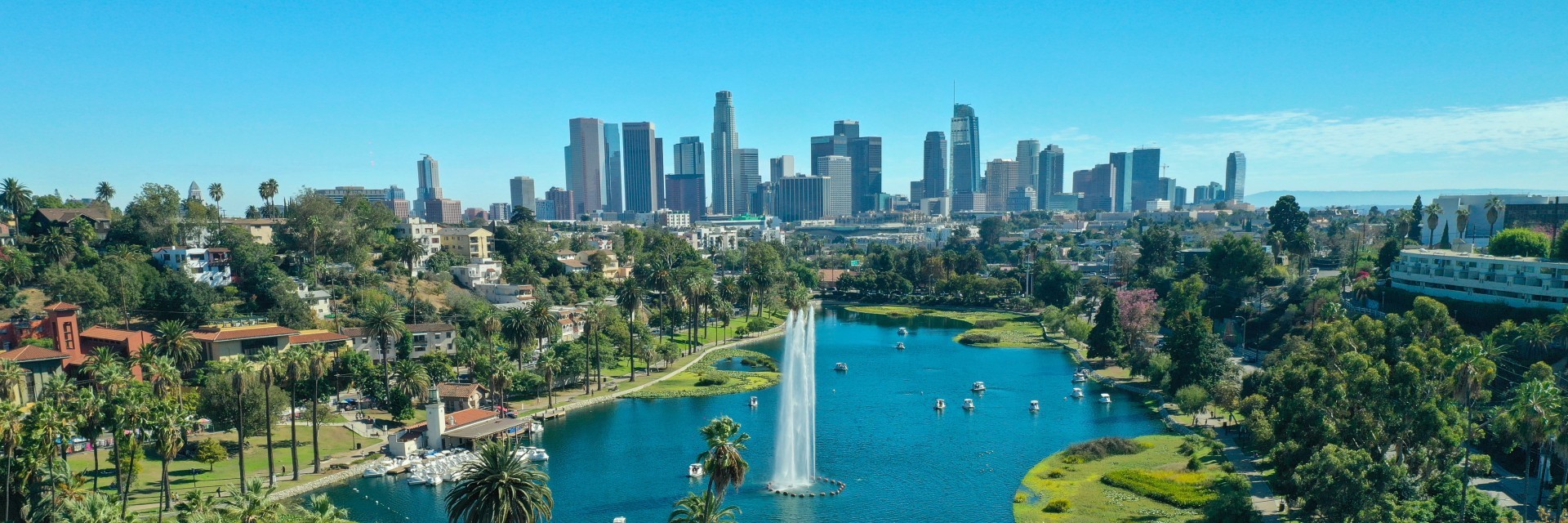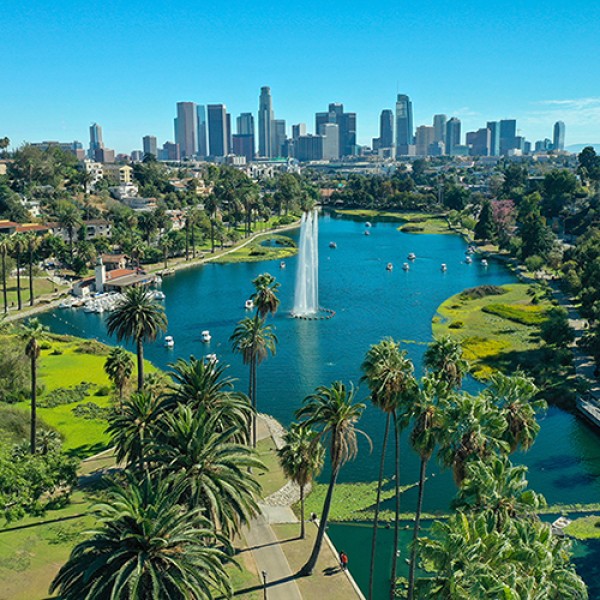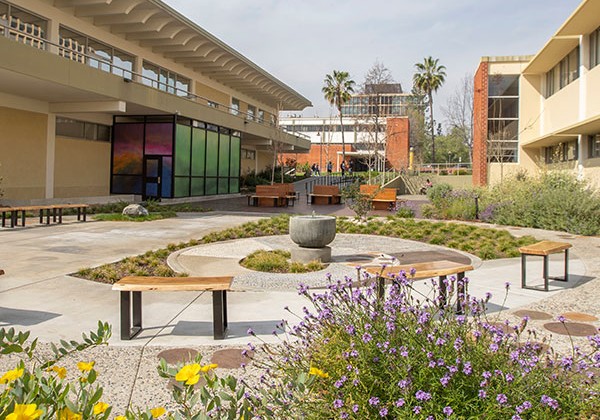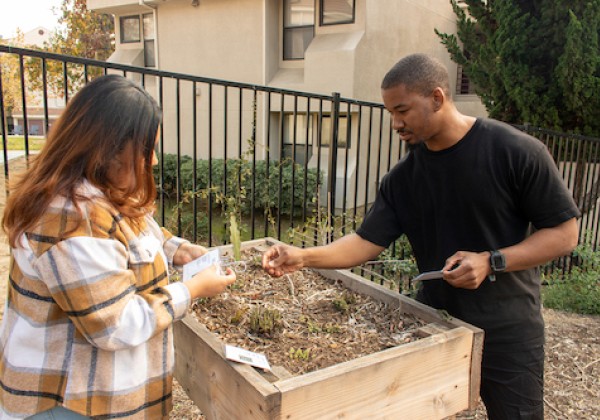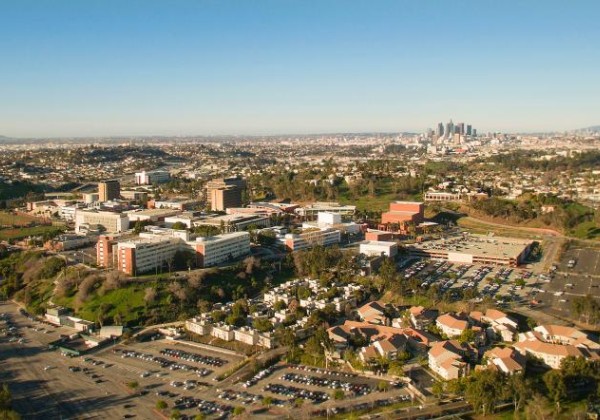Urban Ecology Center
Welcome to the Urban Ecology Center (UEC) at Cal State LA. The UEC will bring together researchers, students, and members of educational and community organizations from Los Angeles and other global metropolitan cities to address the most critical environmental needs of our city.
Mission
The UEC, housed within Cal State LA’s College of Natural and Social Sciences (NSS), has three interlinked missions:
- Academic Research in urban ecology and biodiversity, food security, and environmental justice
- Practical Demonstration of sustainability and food security projects on campus
- Education and Outreach to develop a green workforce and environmentally conscious citizenry for Los Angeles
This Summer at UEC
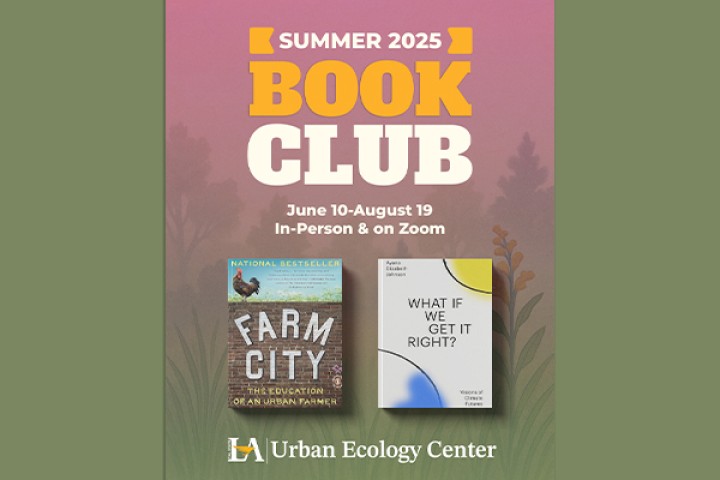
Summer 2025 Book Club
This summer, the Urban Ecology Center invites you to join our two-part Book Club exploring food systems, climate futures, and community resilience.
We’ll be reading Farm City by Novella Carpenter in June and What If We Get It Right? by Ayana Elizabeth Johnson in August, with sessions offered both in person and on Zoom.
The series runs June 10 to August 19. All Cal State LA students, faculty, and staff are welcome to join.
